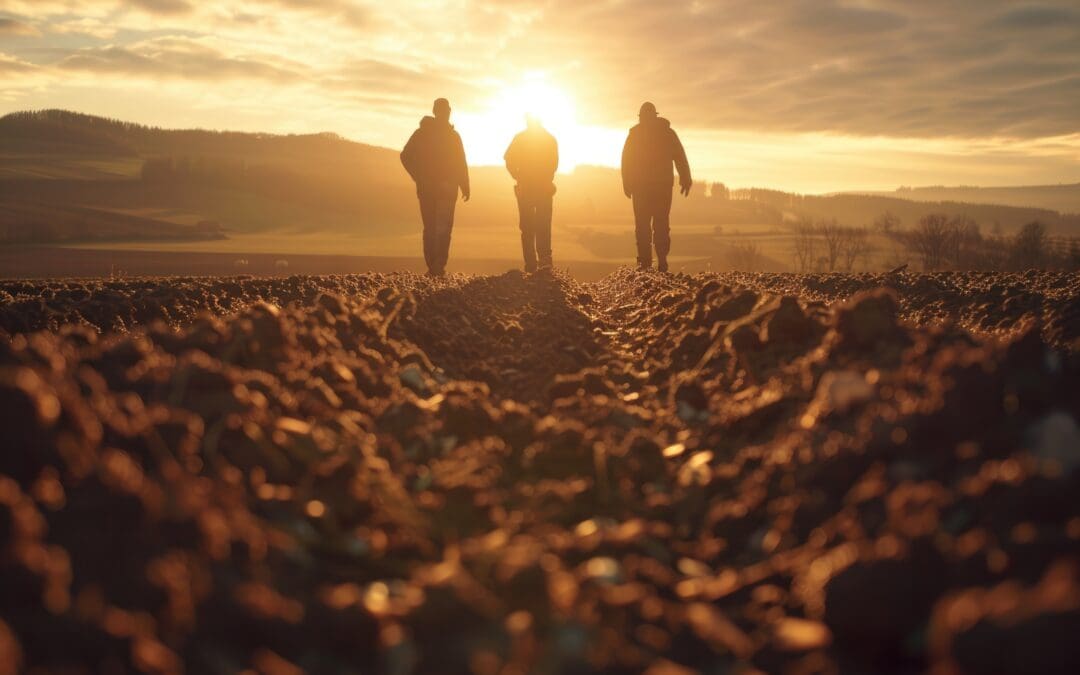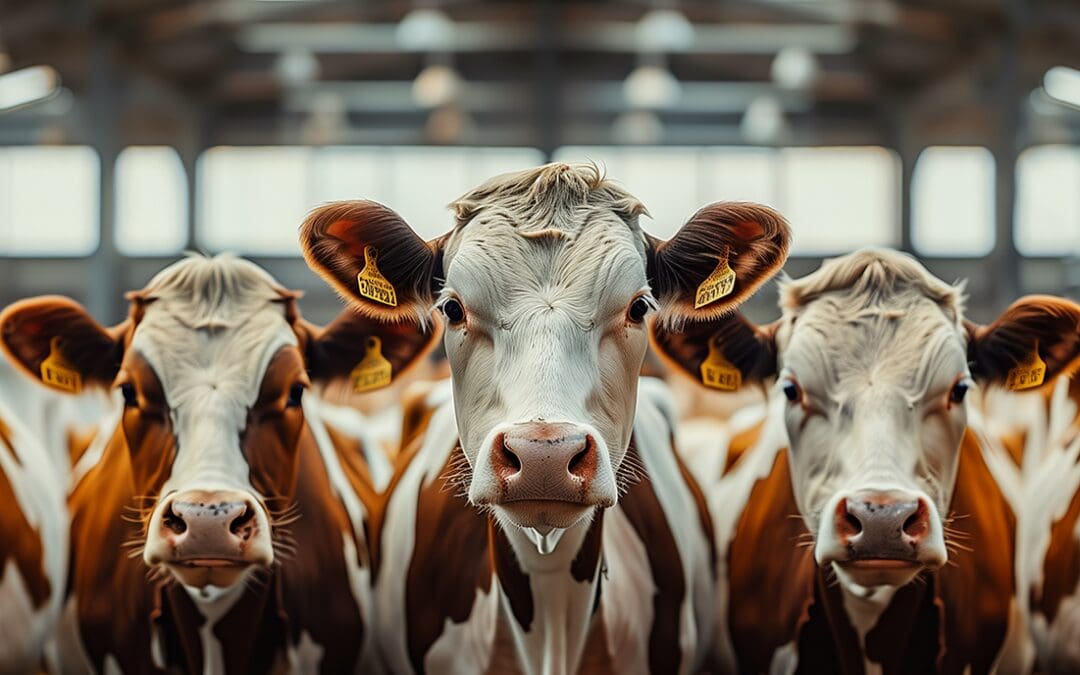
Farming-focused strategies for agricultural IHT relief
Farming-focused strategies for agricultural IHT relief
Changes to Inheritance Tax (IHT) rules coming into effect in April 2026 could have significant implications for farming families. The government plans to cap the amount of 100% IHT relief on business and agricultural assets to £1 million. While some argue that reliefs still effectively amount to £3 million, the reality may be more complex. Careful planning and farming-focused strategies for agricultural IHT relief will become even more critical in this changing landscape.
Understanding the New IHT Cap
From April 2026, the £1 million cap on IHT relief for agricultural and business assets will apply per individual. While this may sound generous, there’s a crucial limitation: the £1 million relief is not transferable between spouses. This means that a surviving spouse cannot inherit the unused portion of the cap from their deceased partner.
To complicate matters, estates worth over £2.7 million lose access to the residential nil rate band, further reducing potential reliefs. For many farming families, this will create significant tax liabilities.
A Farming Family Example
Let’s explore a typical scenario:
- A married couple owns a small farm valued at £2 million, with their home (not qualifying as a farmhouse) worth £600,000.
- They have £400,000 in savings, bringing total assets to £3 million.
- Reciprocal Wills leave everything to the surviving spouse, with the estate passing to their children on the second death.
Under the new rules, the surviving spouse cannot use the first spouse’s unused IHT cap. Combined with the loss of the residential nil rate band, this leaves only £1.65 million in reliefs. The remaining estate is subject to tax, resulting in a £540,000 IHT bill.
For families who have owned farms for generations, this liability could force the sale of the farm to meet the tax obligation.
How Does the £3 Million Relief Apply?
The government’s claim of £3 million in reliefs depends on specific circumstances. If the first spouse to die leaves their £1 million share of the farm directly to their children, this transfer is exempt. The surviving spouse’s estate then reduces to £2 million, preserving eligibility for:
- £1 million for agricultural relief,
- £650,000 from standard nil rate bands, and
- £350,000 from the residential nil rate band (with the transferable element).
This illustrates the importance of careful planning and Will structuring to maximise available reliefs. Without strategic decisions, farming families risk missing out on significant tax benefits.
Why Careful IHT Planning Matters
The new cap aims to prevent investors from gaining excessive IHT relief. However, it could disproportionately affect genuine farming families and other small business owners. The distinction between active farmers and investors already exists in current rules. Extending this principle might have been a fairer solution.
Regardless, the changes highlight the need for farming-focused strategies for agricultural IHT relief. Proactive planning can help families preserve their assets and safeguard their farming legacies.
How We Can Help
At Lewis Brownlee, we specialise in Agricultural Accounting and Horticultural Business Accounting. Our team of Chartered Accountants and Tax Advisers has extensive experience in helping farming families navigate complex IHT rules.
We provide tailored advice to help you:
- Structure your Wills and estate to maximise IHT relief.
- Plan intergenerational transfers to protect your family farm.
- Understand the new IHT rules and their impact on your assets.
With our farming-focused strategies for agricultural IHT relief, we can help secure the future of your business and minimise tax liabilities.
Contact us today to arrange a consultation and start planning for the changes ahead.
☎️ Chichester: 01243 782 423 ☎️ Midhurst: 01730 817 243 ☎️ Whiteley: 01489 287 782

Author Bio
Let us guide you through the details and help you prepare for what lies ahead. Contact us for expert advice on your tax matters.
If you’d like to speak to one of our experts, please call 01243 782 423. Alternatively, please email us from our contact page and we will be in touch!
We also update our YouTube channel regularly with new content, see here: Lewis Brownlee YouTube




